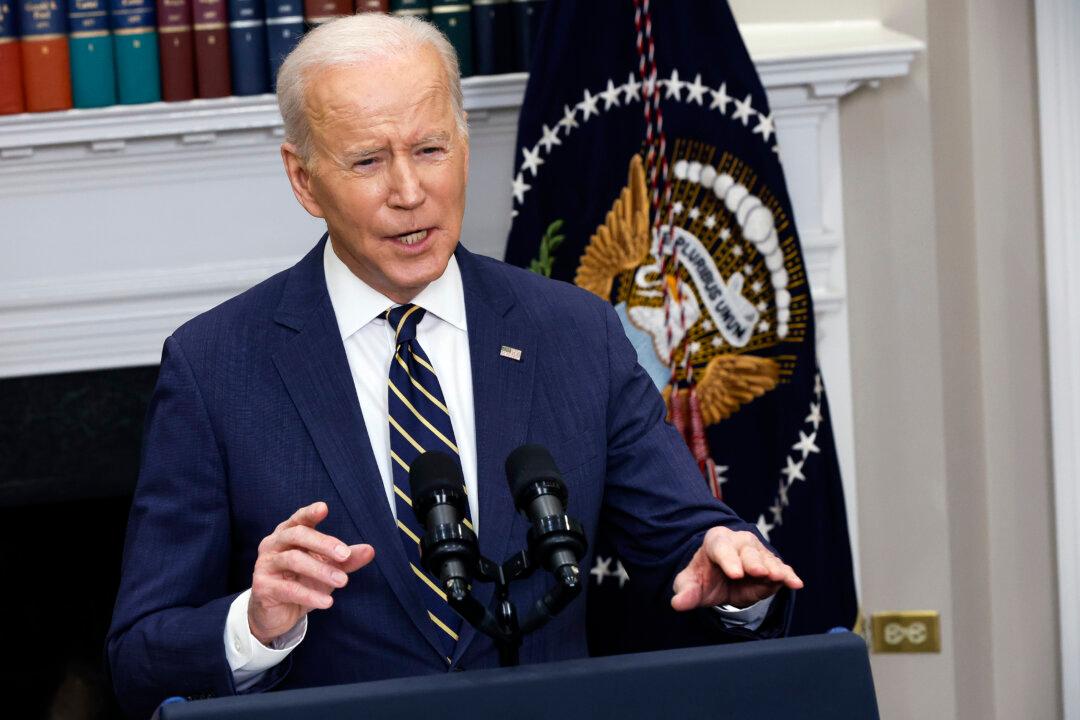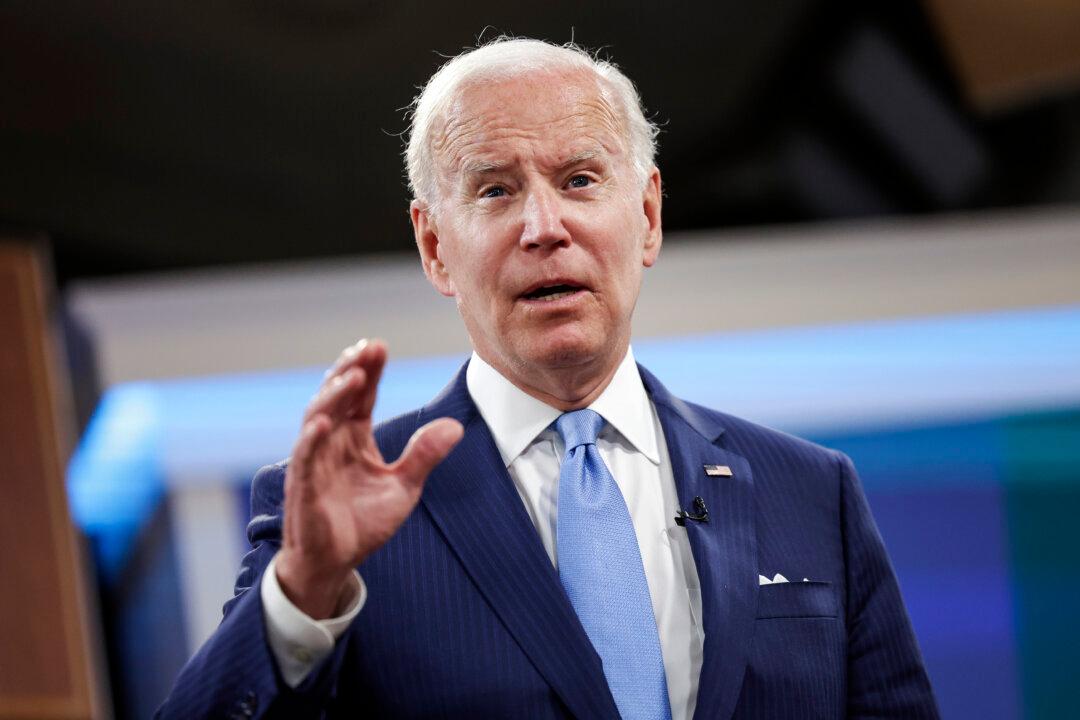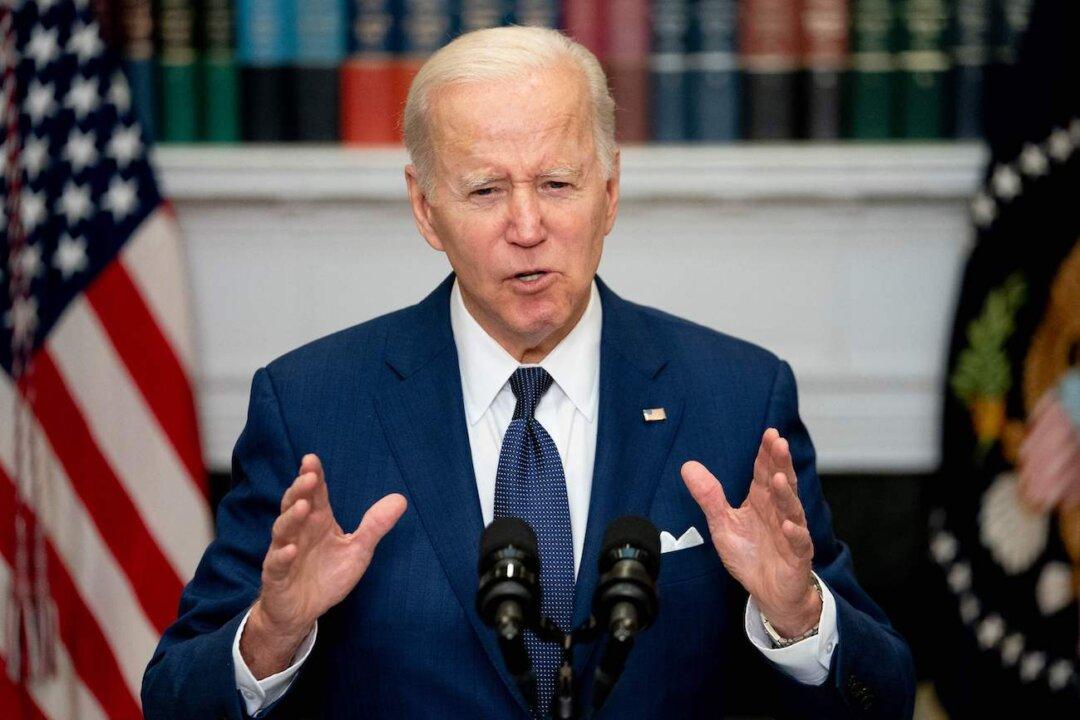U.S. President Joe Biden announced an additional $800 million in new support to Ukraine on March 16, bringing the total U.S. military aid sent to Ukraine this week to $1 billion.
The defense package, which is meant to fend off the ongoing Russian invasion of Ukraine, includes 800 anti-aircraft systems and 9,000 anti-armor systems, according to Biden. It also includes 7,000 small arms and 20 million rounds of ammunition meant to arm Ukrainians, “including the brave women and men who are defending their cities as civilians.”




